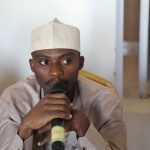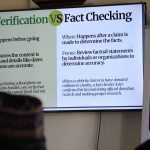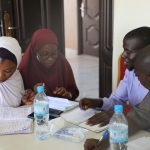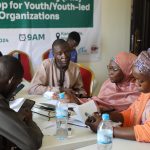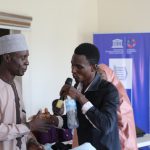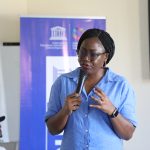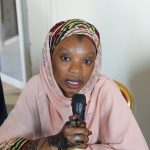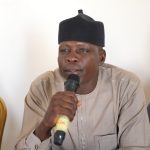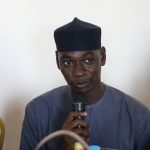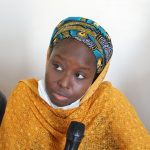The Media and Information Literacy and Intercultural Dialogue Foundation (MILID Foundation), with support from UNESCO Abuja, recently trained 10 youth organisations in the northwest in media and information literacy (MIL).
According to UNESCO, this partnership underlines a shared commitment to promoting freedom of expression and access to information, which is integral to the attainment of sustainable development.
The training brought together 20 participants from the seven states in northwest Nigeria in Kano for a two-day training the trainers capacity building workshop.
“…Most importantly, I learnt how to understand, verify and share relevant information with the community,” said Aisha Suleiman, one of the training beneficiaries, noting that she can now ascertain the veracity of images and videos.
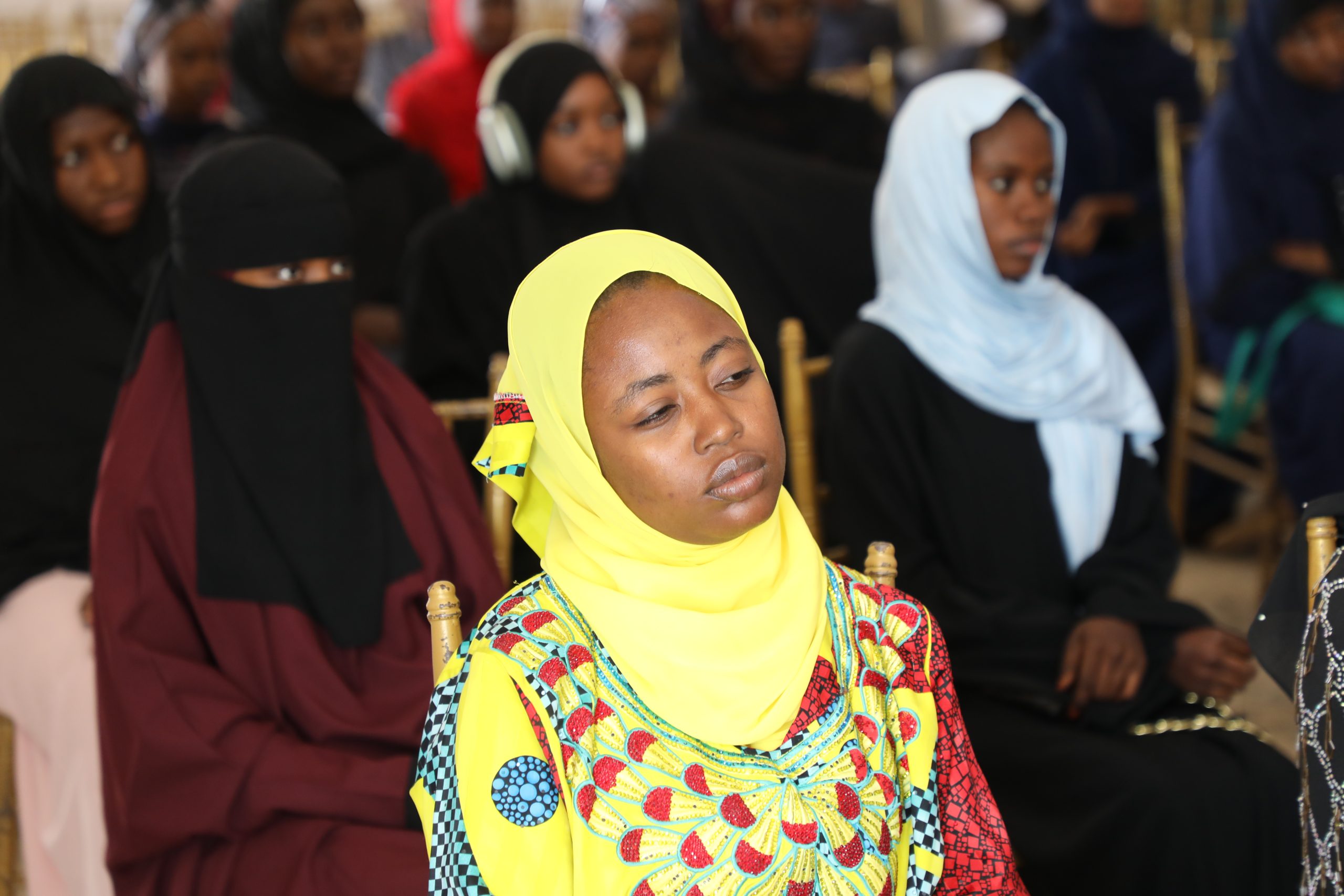
Another participant, Umar Aminu, said he is now equipped to share only verified information and use skills acquired at the training to promote peace.
The training focused on how media and information literacy intersect with democracy, gender-based violence, and conflict. It also taught the use and importance of MIL in understanding films and movies, verification and fact-checking, and how content creation can leverage MIL in changing narratives.
Abdourahamane Diallo, Head of Office, UNESCO Abuja, noted that “MIL has become an essential skill for the 21st century, and one to which UNESCO is strongly committed, in line with its mandate: to help the widest possible audience to develop critical thinking and systematically cross-reference sources; to help social network users resist traps and easily believable conspiracy theories; and to ensure that fact-checking becomes a reflex for everyone.”
READ ALSO: MILID Foundation, UNESCO to mark 2024 Global MIL Week in Kano
Another beneficiary of the training, Nafisa Haruna, said she learnt the crucial role critical thinking plays in navigating conflict-related information. She also recognised how misinformation and disinformation can exacerbate tensions and fuel violence.
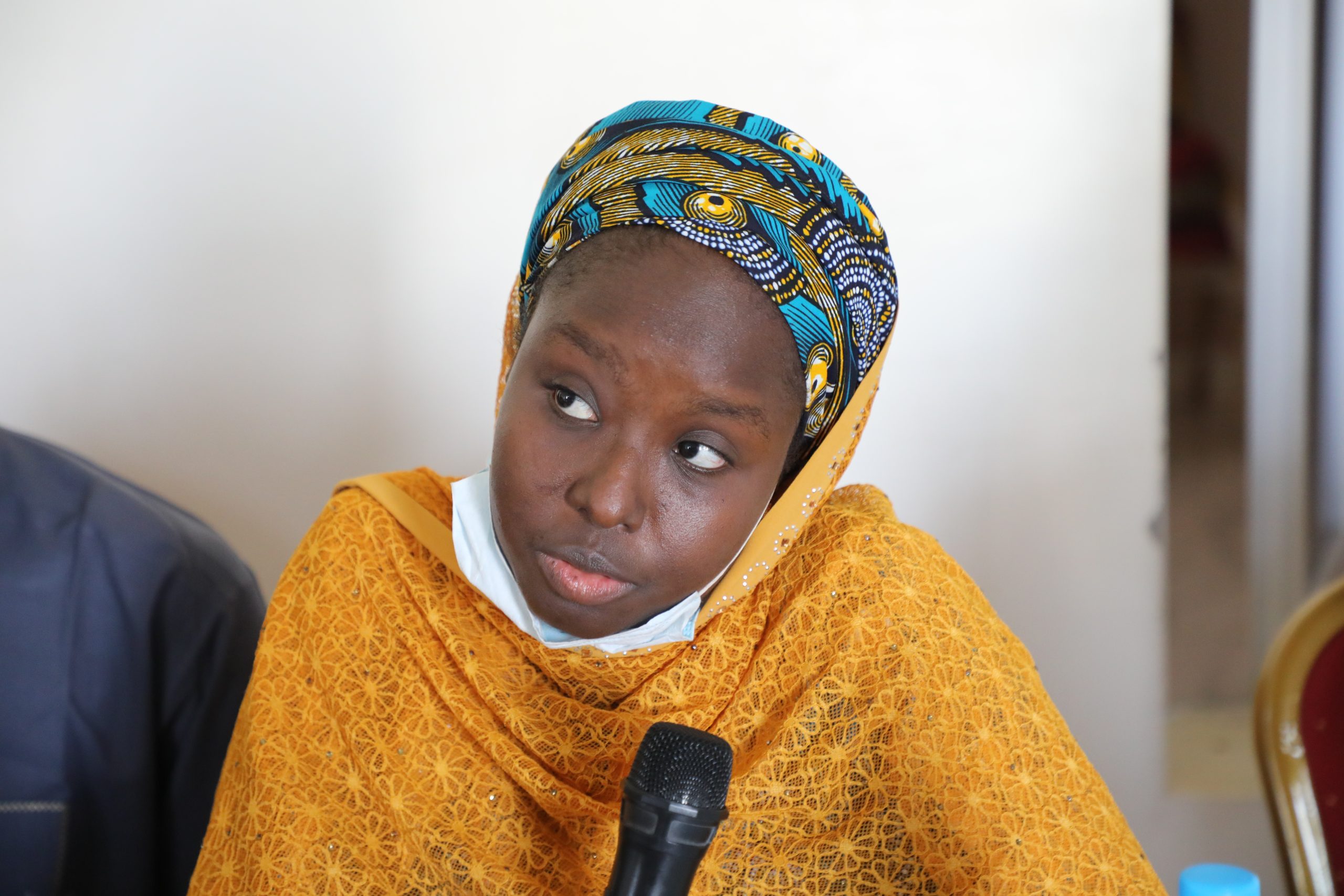
MILID Foundation noted that in addressing the challenge of mis/disinformation in Nigeria, MIL is a necessary tool for citizens to navigate the ever-changing information landscape.
An Internews report in 2023 stated that the problem of misinformation/disinformation in Nigeria manifests in ways that are both familiar and foreign to a Western audience.
“The problem is compounded by a familiar lack of media literacy among large swaths of the population: the relatively recent surge of Internet penetration in Nigeria has not been paired with enough public initiatives to help citizens discern factual information published by reputable sources from harmful rumours,” the report noted.
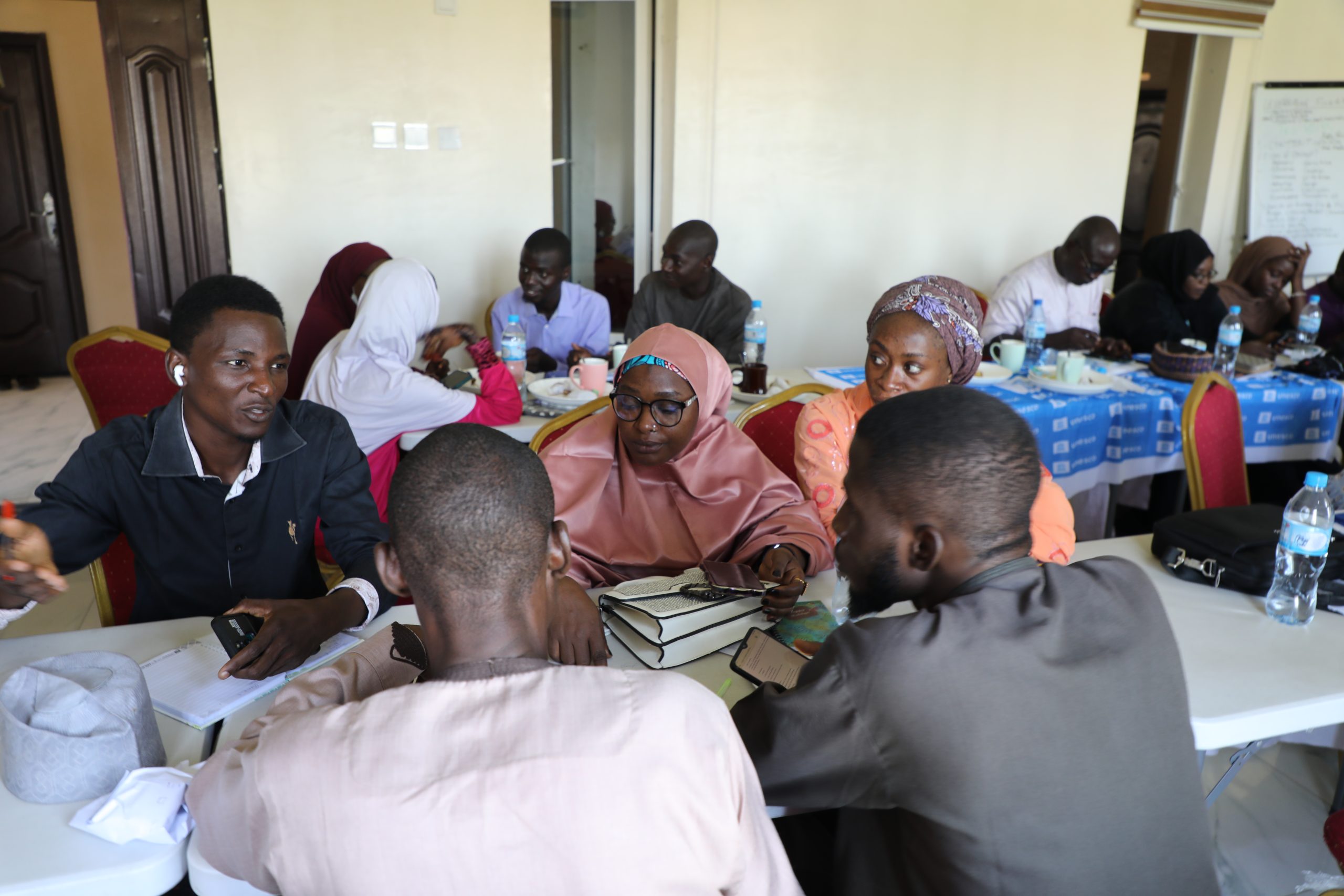
Findings of another report, We Are Social’s Digital 2022 Report, showed that 72.1% of online adults in Nigeria express concern about what is real versus what is fake on the Internet.
SEE MORE PHOTOS BELOW;





